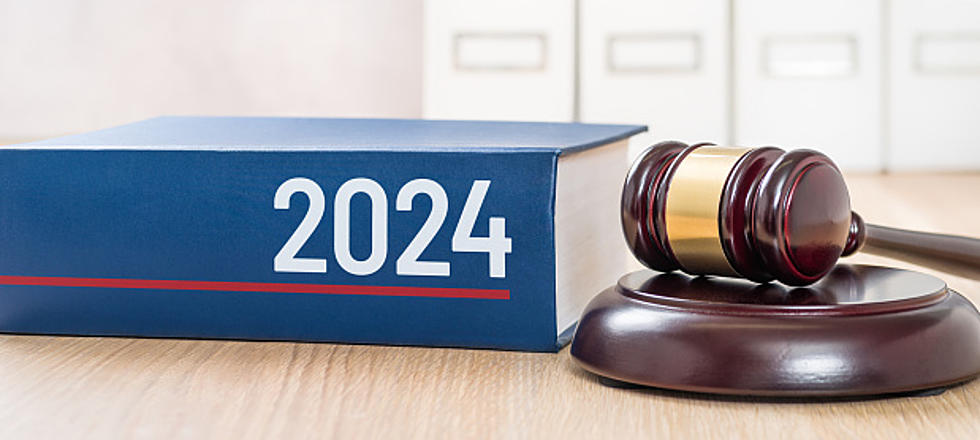
3 Ways Full Moons Can Wreak Havoc on Illinois Sleep Schedules
Every month the moon goes through 8 different cycles, and science has proven that one of those cycles can really affect the quality of your sleep.
What Causes Sleep Problems?
For the last few years, I have struggled falling and staying asleep a couple of nights every month and I just attributed it to getting older. I mean let's face it, thousands of different life things can lead to trouble sleeping. Everything from stress and busy schedules to poor diets and too much screen time can seriously alter how much sleep a person gets, but the one thing I never thought I'd hear being blamed for poor sleep is; the moon.
Can a Full Moon Affect Your Sleep?
When my sleep troubles came up in a recent conversation with my Mom she said, "I have problems sleeping too every time there's a full moon".
Excuse me, what? Is my mother going wacky as she gets older, or is she legitimately on to something?
You know what I noticed the next time I had trouble sleeping for a few nights in a row? It was a full moon outside.
3 Ways Full Moons Can Affect Sleep
According to the Sleep Foundation;
compelling evidence suggests that lunar cycles may compromise sleep, with the full moon phase being most disruptive.
Sleep studies have found that people take longer to fall asleep, get less quality sleep, and don't stay asleep as long when there's a full moon, but why is this so?
Here are 3 reasons full moons can make you toss and turn all night;
- Moonlight - Full moons obviously kick off more light and the Sleep Foundation says; "The body’s internal 24-hour clock is calibrated by rising and falling levels of hormones formed in response to light perception. Therefore, light levels are one of the most significant influences on sleep onset and quality."
- Electromagnetism - As the moon orbits around Earth it causes electromagnetic fluctuations and studies have shown that humans are sensitive to "low-level geomagnetic variations". When the moon is in its full phase, it has a "negative charge".
- Gravity - The moon's gravitational pull has proven effects on ocean tides, and some sleep studies have found that the gravitational pull can affect the human body, which is 90% water, in the same way.
I know that looks like a bunch of science mumbo-jumbo, but I think there's some truth to it. I've slept terribly the last two nights, and look what's on tap for tonight...a super rare, Blue Super Moon. Hmmm.


